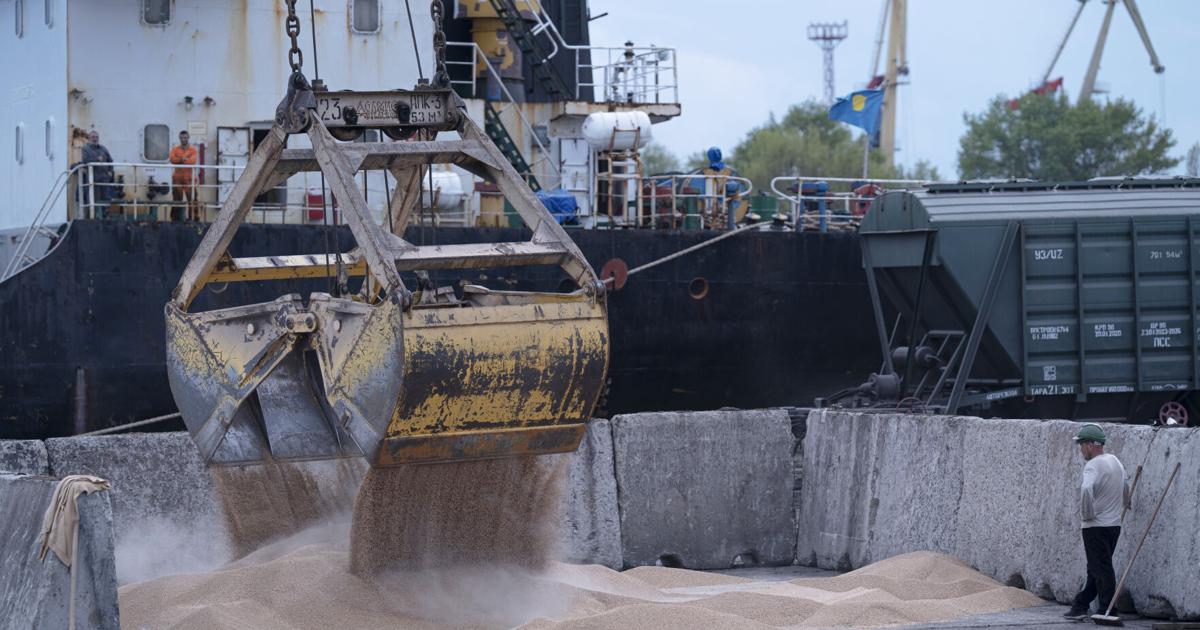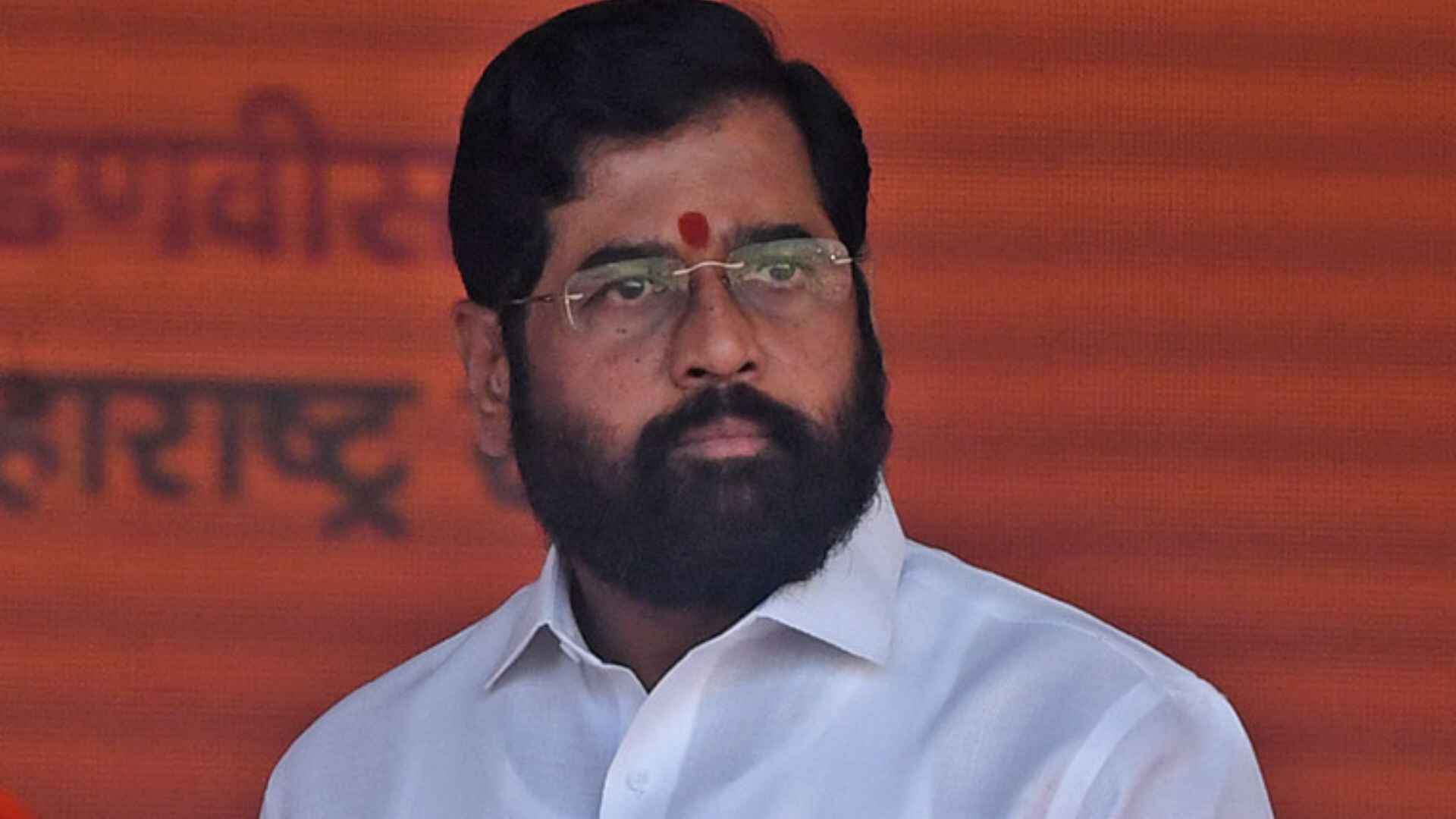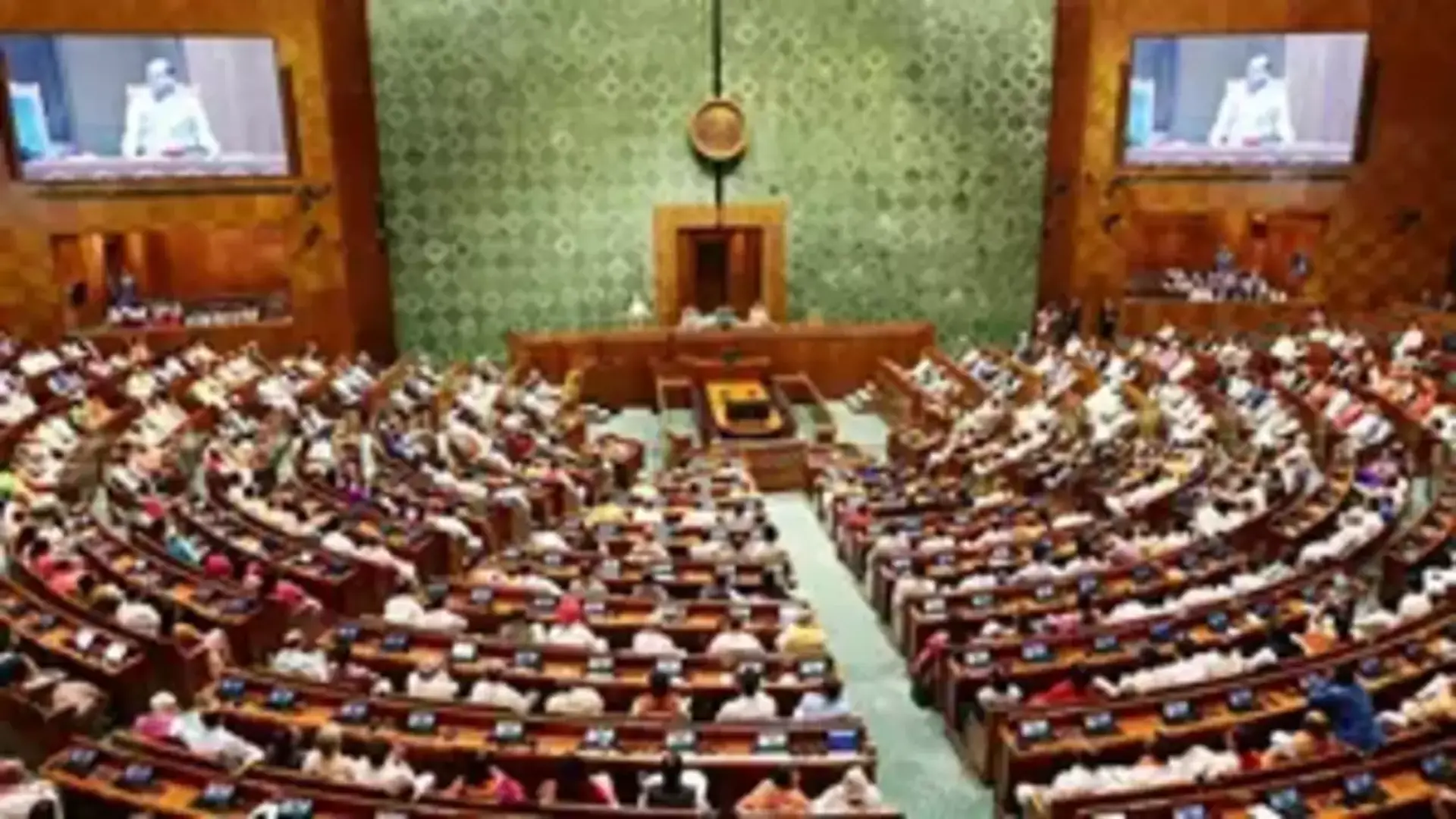
The United Nations is racing to extend a deal that has allowed shipments of Ukrainian grain through the Black Sea to parts of the world struggling with hunger, helping ease a global food crisis exacerbated by the war Russia launched more than a year ago.
The breakthrough accord that the UN and Turkiye brokered with the warring sides last summer came with a separate agreement to facilitate shipments of Russian food and fertilizer that Moscow insists hasn’t been applied.
Russia set a Thursday deadline for its concerns to be ironed out or it’s bowing out. Such brinkmanship isn’t new: With a similar extension in the balance in March, Russia unilaterally decided to renew the deal for just 60 days instead of the 120 days outlined in the agreement.The last ship participating in the deal left Ukraine on Wednesday hauling corn to Turkey. No vessels have been cleared to enter the country’s three open ports since May 6.
UN officials and analysts warn that a failure to extend the Black Sea Grain Initiative could hurt countries in Africa, the Middle East and parts of Asia that rely on Ukrainian wheat, barley, vegetable oil and other affordable food products, especially as drought takes a toll.
The deal helped lower prices of food commodities like wheat over the last year, but that relief has not reached kitchen tables.
Negotiators who gathered in Istanbul last week made little apparent headway. Ukrainian Deputy Prime Minister Oleksandr Kubrakov said the grain deal “should be extended for a longer period of time and expanded” to “give predictability and confidence” to markets.Russia, meanwhile, is rapidly shipping a bumper harvest of its wheat through other ports. Critics say that suggests Moscow is posturing or trying to wrest concessions in other areas — such as on Western sanctions — and claim it’s dragged its heels on joint inspections of ships by Russian, Ukrainian, UN and Turkish officials.















